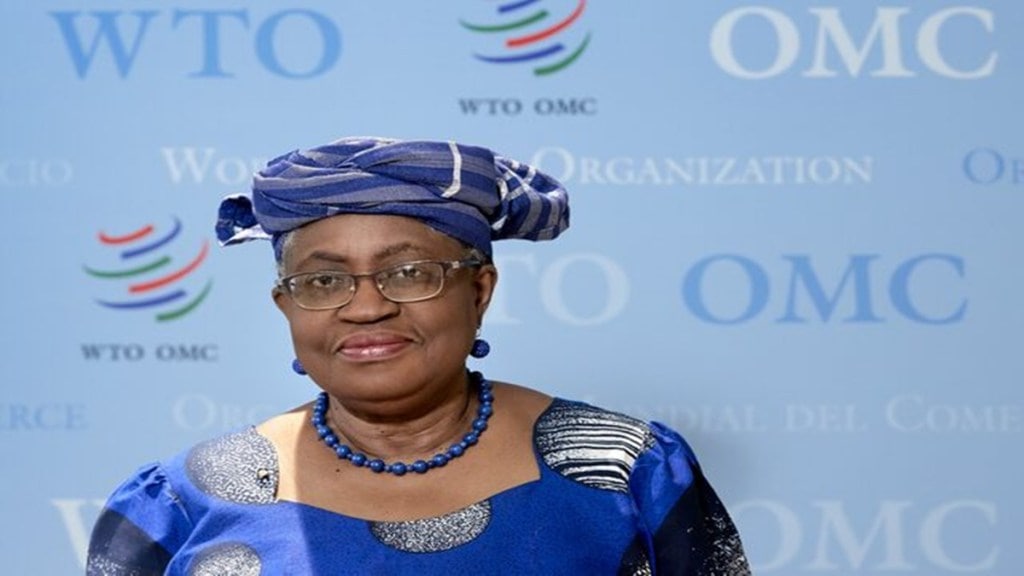The turbulence in global trade initiated by the “reciprocal tariffs” imposed by the US on most countries will not yet dent the outcome of the 14th ministerial conference (MC14) of the World Trade Organisation that is just six months away, director general of the multilateral body Ngozi Okonjo-Iweala said on Wednesday.
“It (developments related to US tariffs) gives an impetus to the MC14. I am excited about MC14 because that is where the ministers will have to roll up their sleeves and get to work,” she said at a media interaction here.“All that is in the trade environment is going to be discussed at MC14, (there’s) a rather exciting agenda in front of us,” she added.
Calls for reform in decision-making
Okonjo-Iweala said decision making at the WTO may require reform by consensus. “The problem is that it (current system) can sometimes stop decision making because it gives everyone a veto power. And the issue is why you are vetoing what is good for others if it does not damage your own prospects.”
“We have to find ways to make a decision by saying if the majority thinks it is good and they want to do it let us go ahead.”
The ministerial meet, which is the highest decision making body of the WTO, will be held from March 26 to March 29 2026 in Yaounde in Cameroon.
Trade flows resilient despite US actions
The DG said, “We are facing unprecedented challenges and disruption such as we have not seen in world trade in the past 80 years. These disruptions have undermined the global trading system. At the beginning of the year, pre-tariffs global trade, 80% of it was going on under WTO terms, on Most Favoured Nation (MFN) terms. Now it is 72%.”
MFN terms ensure that countries extend the same trading advantages to all partners.
She, however, took heart from the fact that the close to three-fourth of the world trade is still happening by the rules with countries shunning the temptation to increase their own import duties in the face of what they face with the US.
The US accounts for 12-13% of the world trade and 87% of the trade is outside the US.
“What is amazing is that it is still this high. Around 3/4th of world trade is still going on MFN terms.”
“That helps that other members of the WTO are trading with each other. We have been talking to other members to help ensure there is no tit for tat. Our members are trying as much as possible even in spite of the unilateral actions by the US to try not to retaliate and also not raise tariffs on each other, Mostly they have not done that. It is very good.”
The DG, however, admitted that the US is very important for world trade. For some countries the dependence on the US market is very high which has made them very vulnerable.
Okonjo-Iweala said that the current crisis is an opportunity to push for reforms in the WTO and address the criticisms directed against its functioning. In June the WTO appointed Ambassador Petter Olberg of Norway to facilitate discussions on the WTO reform to help members prepare a comprehensive reform outcome for the next ministerial conference.
The DG noted that many countries have criticism of the WTO. The developing countries feel that the organisation could do much more for them while developed countries are critical of unfair trade practices while some others seek more transparency. “This crisis is an opportunity to solve those problems,” she added.
